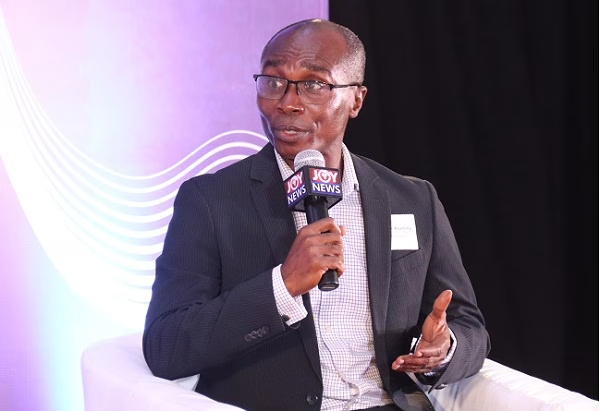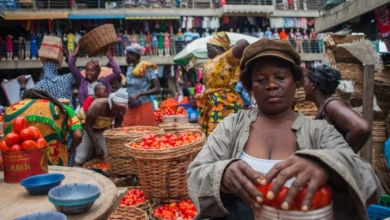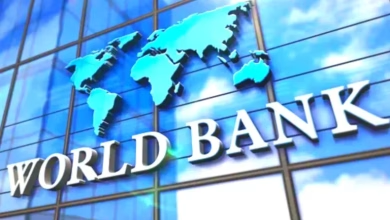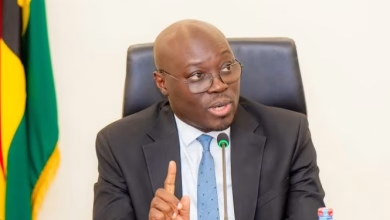Inflation Down, But Prices Still Rising – Prof. Asuming

- Prof. Patrick Asuming urges Ghanaians not to confuse falling inflation with falling prices
- Inflation slowing means prices are rising more slowly—not that they are decreasing
- Stronger cedi and lower Treasury bill rates haven’t eased everyday costs
Despite Ghana’s declining inflation rate, prices continue to rise, economist Professor Patrick Asuming has cautioned.
Speaking on PM Express Business Edition on JoyNews (Thursday, June 19), Prof. Asuming urged Ghanaians not to mistake easing inflation figures for an actual drop in the cost of living.
“We need to understand that prices are still increasing. They haven’t gone down,” he emphasized. “What’s happening is that the rate of increase has slowed—but that’s not the same as prices falling.”
His comments follow a recent drop in the Producer Price Index (PPI) from about 18% to 10%. While this signals a slower rate of price hikes, it doesn’t reflect an actual reduction in prices, he explained.
Prof. Asuming pointed to persistent pressures—rising utility tariffs, stagnant wages, and increasing domestic production costs—as key reasons why prices remain high.
“Utility tariffs continue to climb, and they significantly impact production costs,” he said. “Wages haven’t increased to match, and the cost of producing goods locally is still rising.”
Although Ghana has seen some macroeconomic improvements—including a stronger cedi and falling Treasury bill rates—these gains have yet to translate into tangible relief for ordinary citizens.
“Yes, the currency has strengthened,” he noted. “But when you consider all the elements, it becomes clear why inflation coming down doesn’t mean prices are dropping.”
He highlighted a widening gap between headline economic indicators and the lived experiences of Ghanaians:
“It appears the monetary and financial side of the economy is improving, but the real economy—the day-to-day reality—is still lagging behind.”
While acknowledging government efforts to stabilise the economy, buoyed in part by stronger global prices for Ghana’s exports, Prof. Asuming warned against reading too much into recent GDP gains.
“Although GDP growth exceeded expectations in the first quarter, a closer look shows that five sub-sectors actually declined. The overall growth is being driven by a few strong sectors, masking deeper weaknesses.”
This, he argued, creates a misleading sense of recovery:
“Financial indicators may look promising, but they don’t always reflect what’s happening on the ground. That’s why many people don’t feel the improvements shown in the macroeconomic data.”
Prof. Asuming’s message is clear: economic data may show progress, but for most Ghanaians, the cost of living remains high. A falling inflation rate doesn’t mean falling prices—it simply means prices are rising more slowly than before.






